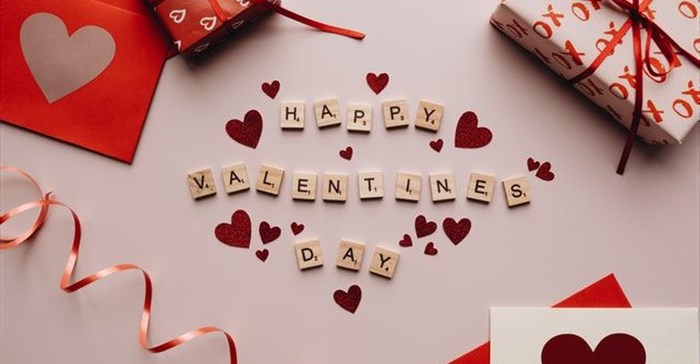
Related
Top stories






More news














FNB predicts Valentine’s Day spend to decline this year, amid a pandemic that has strained household budgets and limited entertainment options. However, contrary to this prediction, FNB said that past trends have indicated that consumers have been spending more each year on categories such as chocolatiers, flowers, general gifts and jewellery.
According to FNB’s retail insights, spend on chocolatiers increased by 171% during Valentine’s week in 2020 compared to the previous week. The increase in online chocolate purchases was more than double (316%) when compared to the 125% increase of instore purchase. Other popular spend categories in 2020 were flowers with a 74% increase in spend during Valentine’s week versus the preceding week and jewellery spend increased 35% compared to the week prior.
Meanwhile, a recent Gumtree poll suggested that South Africans will be showing their love more in kind and less in gifts, flowers and treats this year, with nearly 70% of consumers stating that they won’t be spending a cent for Valentine’s Day. However, 10% of respondents said they will spoil the object of their affections to the tune of more than R5,000, 16% said they'd find up to R1,000 to spend, while 5% will be splashing out on a gift or experience valued between R1,000 and R5,000.
“It’s certainly not that South Africans aren’t romantic – Valentine’s Day spend reached an all-time high in the country in 2019. However, budgets are so much tighter in 2021 due to the current tough economic climate," said Gumtree’s Estelle Nagel.
The latest Mastercard Love Index predicted that South Africans will splash out this year, especially on memorable experiences and gifts that can be ordered online. The Index examines spending habits and trends around Valentine’s Day by analysing Mastercard spending data across the Valentine periods (9-15 February in 2011, 2019 and 2020) from over 53 countries around the world.
The amount that South Africans spend over the Valentine’s period has soared by 142% over the last decade, with sentimental shoppers purchasing almost 10 times (up 880%) the amount of gifts and experiences than they were in 2011.
Online shopping has grown steadily and is at an all-time high – with a 683% increase in the number of online transactions in the Valentine’s Day period since 2011. Mastercard said that many will shop online for Valentine’s Day gifts this year, while some will show their love for local, purchasing bouquets and gifts from neighbourhood businesses.
“The Mastercard Love Index has been providing insights into global buying behaviours and spending trends around the most romantic day of the year for nearly a decade. Of course, this year has been unlike any other, but we’re still seeing spending around Valentine’s Day at an all-time high as the world turns to online shops for gifts and at-home experiences,” said Suzanne Morel, country manager at Mastercard South Africa.
“It has undoubtedly been a catalyst for the surge in e-commerce activity, and as a result, we have been able to quickly help more people embrace the digital shift by delivering an online shopping experience that is safe, secure and convenient.”
According to the Index, the trend of gifting ‘experiences’ continues to outpace traditional gifts like jewellery, with hotel bookings up 352% and the amount spent up 114% in 2020 compared to 2011.
Food continues to be one of the most popular way to people’s hearts. Since 2011, there has been a 1,130% increase in the amount of Valentine’s Day transactions in restaurants, with the amount spent increasing by 253 percent in 2020.
While plumping for traditional gifts like flowers saw a 50% increase in the amount spent since 2011, spending on jewellery only saw an increase of 17% over the same period.
“Our data highlights the move towards the ‘experience economy’ where consumers are choosing to create lasting experiences and happy memories rather than purchasing material gifts. In the wake of the Covid-19 pandemic, we expect that takeaways, home-cooked meals and movie marathons are set to be popular ways couples will bring romantic experiences home this year,” says Morel.